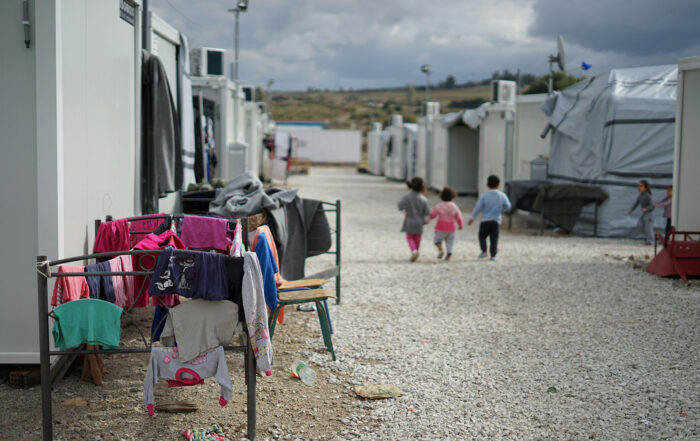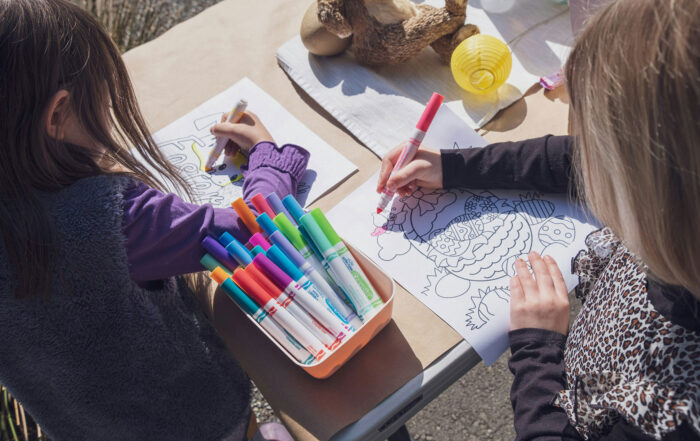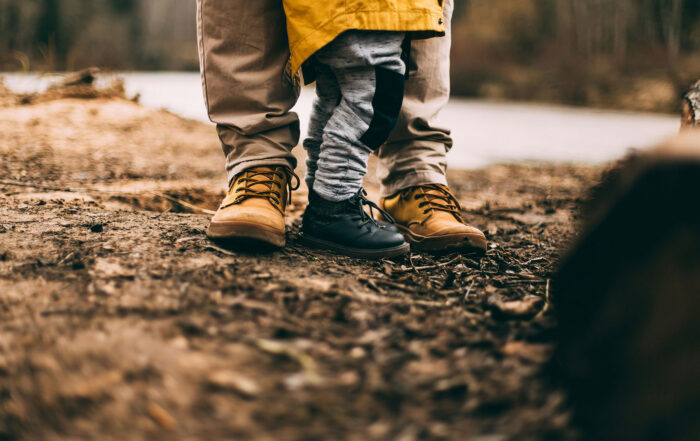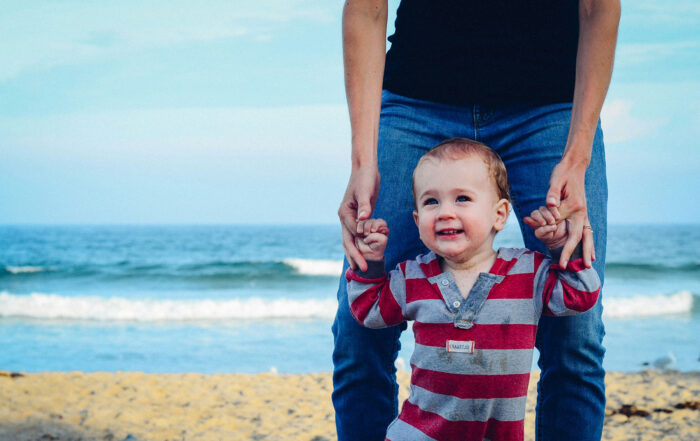
By the Center for Disease Control
The CDC-Kaiser Permanente Adverse Childhood Experiences (ACE) Study is one of the largest investigations of childhood abuse and neglect and later-life health and well-being.
The original ACE Study was conducted at Kaiser Permanente from 1995 to 1997 with two waves of data collection. Over 17,000 Health Maintenance Organization members from Southern California receiving physical exams completed confidential surveys regarding their childhood experiences and current health status and behaviors.
The CDC continues ongoing surveillance of ACEs by assessing the medical status of the study participants via periodic updates of morbidity and mortality data.
More detailed information about the study can be found in the links below or in "Relationship of Childhood Abuse and Household Dysfunction to Many of the Leading Causes of Death in Adults," published in the American Journal of Preventive Medicine in 1998, Volume 14, pages 245–258.
"As the ACE study has shown, child abuse and neglect is the single most preventable cause of mental illness, the single most common cause of drug and alcohol abuse, and a significant contributor to leading causes of death such as diabetes, heart disease, cancer, stroke, and suicide."
– Bessel Van Der Kolk, M.D.
Share This Post!
Sexual Abuse of Children at Camp is an Epidemic:
By Mick S. Grewal Sexual abuse by camp counselors is a national epidemic, according to various organizations, including Crime Stoppers. Every year, nearly 10 million children attend summer camp. In 2018, CBS [...]
Trends in U.S. Emergency Department Visits Related to Suspected or Confirmed Child Abuse and Neglect Among Children and Adolescents Aged <18 Years Before and During the COVID-19 Pandemic — United States, January 2019–September 2020
By The C.D.C. Heightened stress, school closures, loss of income, and social isolation resulting from the coronavirus disease 2019 (COVID-19) pandemic have increased the risk for child abuse and neglect (1). [...]
Behind the Term: Trauma
By U.C. Berkeley The term “trauma” can mean different things, depending on the context. Semantically, trauma refers to an experience or event; nevertheless, people use the term interchangeably to refer to either [...]
Ukrainian refugees in Poland get help for trauma you can’t see — mental health
By Dana Bash and Abbie Sharpe, CNN Warsaw, Poland (CNN)Eight-year-old Yana was going to gymnastics class six days a week at home near Odessa, Ukraine. Now, she can only practice by [...]
Mental health effects of Ukraine war zone on children
By Mary Kekatos As the Russian invasion of Ukraine intensifies, children are experiencing devastating consequences of being caught up in the war zone. At least seven children have been killed, according to United Nations [...]
The Chilling Effects of the Texas Anti-Trans Directive
By Mira Miller When Texas Governor Greg Abbott penned a letter directing state officials to investigate healthcare providers or parents who help transgender youth receive gender-affirming care, some believed his order would be ignored. [...]







